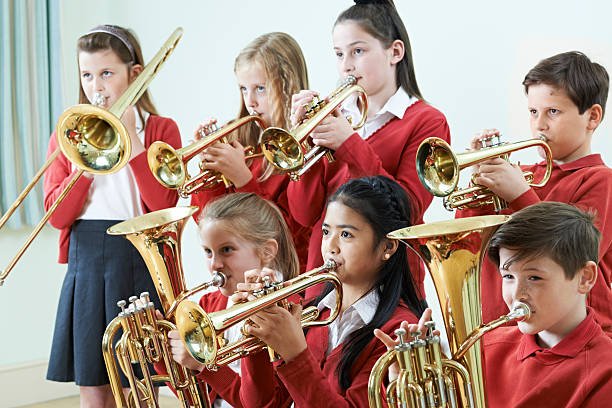Tips For a Successful Music Lesson

A music lesson is more than just learning how to play the piano. Learning to play a musical instrument is a wonderful experience, and it can even benefit your child. In this helpful article, you'll learn some of the most important tips for a successful music lesson. Here, you'll learn about the most important elements of a good music lesson, and find out how you can make it even more fun for your child. After all, who doesn't love playing a musical instrument?
First, learning to play an instrument builds your child's memory. Music is a complex form of language, and it requires the student to memorize an impressive amount of information. By taking music lessons, your child's brain develops new memory capacities, which are beneficial for learning other subjects and languages. Not only will your child learn new skills, but they'll also develop a deeper understanding of the human experience and how different cultures view each other.
The next stage is to move up to a larger instrument. At the age of ten, your child will develop a variety of skills associated with his chosen instrument. He or she will be physically strong enough to start playing larger instruments like a brass or a stringed instrument. By this point, the focus of the lessons will transition from gaining experience with music to developing performance skills. As your child gets older, it is important to increase the challenge and duration of music lessons.
Another important aspect of this service is learning how to listen to criticism and change it to make it positive. By learning how to listen and turn negative feedback into positive changes, you'll develop self-confidence. This skill can also be applied to public speaking. As your child becomes more adept at playing an instrument, you'll also become a better public speaker. Finally, taking music lessons will expose your child to various cultures. And music is not just for fun!
If you're looking for some great tips for learning the piano, you should check out PBS Teachers. Their lesson plans will help you discover a variety of styles and take your playing to the next level. They also offer one-on-one lessons, helping you understand the different styles of music. You'll also learn how to develop the skills and confidence necessary to be a better musician. It's a win-win situation for both you and your child!
If you want to pursue a career in the music industry, you'll need weekly or even daily music lessons. In most cases, these lessons are individual, but a good option if your child would like to get some group instruction. If your child has a parent, it may be helpful to look for a teacher who is more flexible to accommodate you. The NYC Music School offers a variety of music lessons, with the first one being half-hour. You'll also be able to find a music instructor who has a lot of experience in your area and who has experience in teaching.
Instruments are also a great way to get your child interested in other cultures. Bongos and timbales are great instruments for introducing your child to African or Cuban music. The modern-day violin has its origins in Italy and Austria. A piano is a versatile instrument that can accompany a variety of styles. For example, jazz started in the American South, but it is still considered a classic piece of music. By learning to play a musical instrument, your child will be more tolerant and open-minded. You can get more enlightened on this topic by reading here: https://www.huffpost.com/entry/music-lessons_b_1940389.
